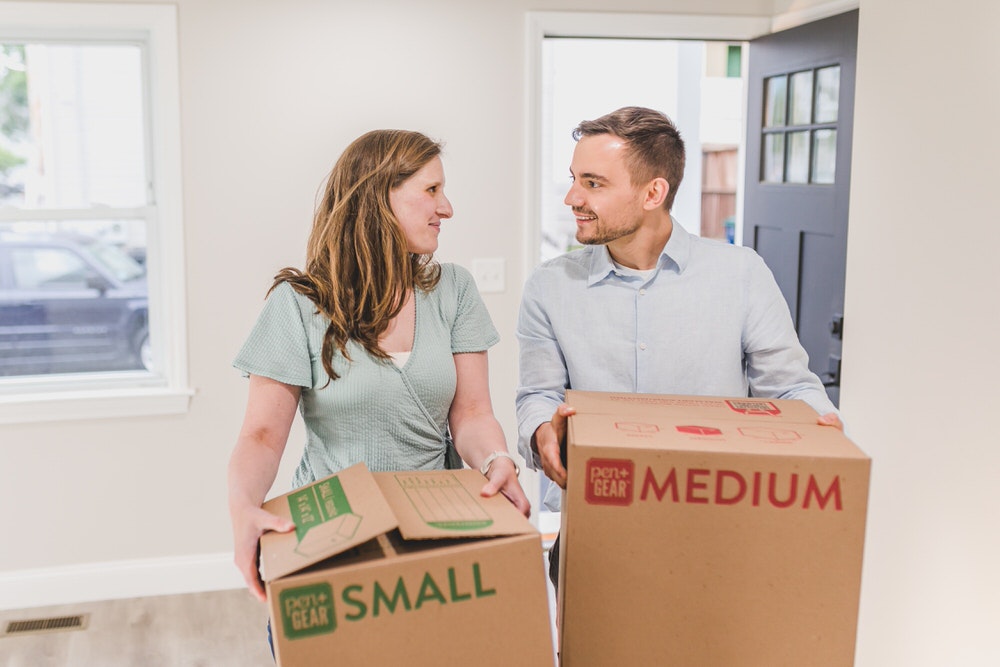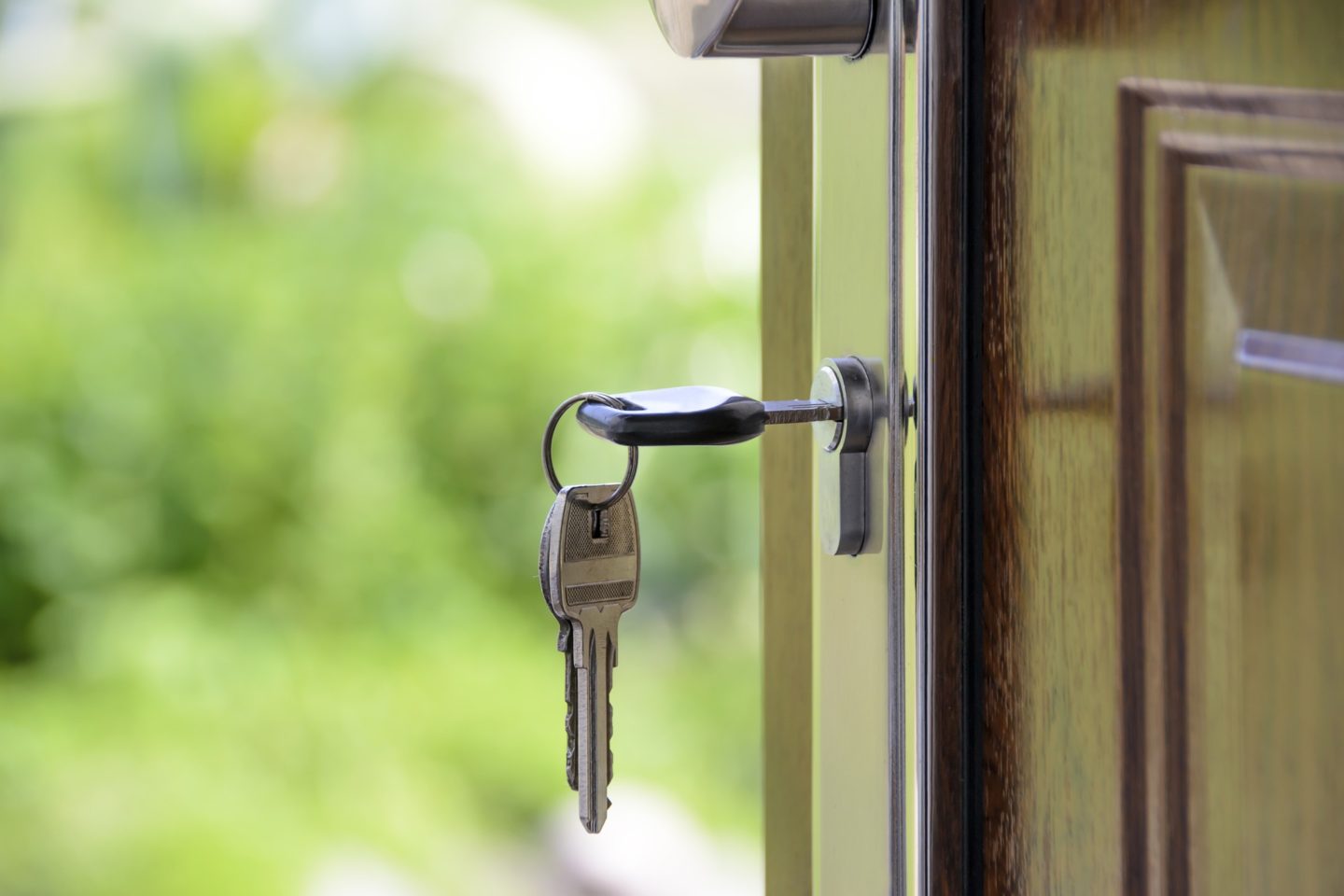Congratulations! You and a few other Americans have recently purchased a new home, and it’s time to move in. You’re probably more excited because this means it’s time to buy new things to spruce up your new abode. But before you get carried away with your purchases, whether you are a new homeowner or not, it would be best if you made a list of the essential items needed to make your new house homier. Here are a few suggestions to help you get started.

Carbon monoxide and smoke detectors
As a homeowner, whether new or not, it is important that you keep yourself and everyone in your home safe from unforeseen disasters. You should purchase smoke detectors and ensure that they are fitted in the right areas and are fully functional. You can further enhance safety by installing a carbon monoxide detector. Carbon monoxide is an odorless and tasteless gas that emanates from gas stoves, heaters, car exhausts, and tobacco cigarettes. Because of these features, it can be life-threatening to people when inhaled in enclosed or unventilated spaces. Because it can be difficult to detect, check out these symptoms to help you. There are some two-in-one capable of identifying both carbon monoxide and fire threats.
Home security systems
Equally as important as the first suggestion is the home security system. This system will protect your family and property from burglaries, home invasions, and other environmental disasters. Most home security systems also have unique features such as thermostats and inter-connected lighting that prove to be energy-efficient over time. Not only will a home security system give you peace of mind, but you would also be glad to know that insurance companies are likely to offer premium discounts to homes that have professionally installed security systems.
Pay for a house inspection
When you purchase a new home, your first job is to conduct a full home inspection to know your home’s condition. You will need to hire an experienced inspector to examine the home’s systems (plumbing and electricity), walls, foundations, and any potential structural damages such as water issues and mold. You or a trusted friend or family member need to be present to clarify any concerns during this inspection. This inspection will help you plan for future upgrades and allow you to anticipate and curb any future threats and damages.
Furniture
If you already own furniture, then you might not be in a hurry to rush to the store for a new set. That’s an excellent strategy as moving homes can be costly and will help you save some money during the process. But if you feel your new home deserves some new furniture and you can afford it, then go right ahead! You will have to buy all the basics like sofas, tables, chairs, and beds. You can also check auction houses and antique shops if you’re looking for beautiful furniture sets on a budget. One tip will be to not purchase every item at once. Not only will it be overly costly, but you might lose focus when styling your rooms. You can tackle furnishing your rooms individually until you are done around the house.
Appliances
You will most likely not have any appliances of your own if you are moving to a new house for the first time. In certain instances, your home might not come with its appliances, so you will need to buy all the necessities such as a washing machine and dryer, refrigerator, stove, and microwave, among many other things. Many brands have high-performing appliances at affordable costs, like Fisher and Paykel. An added advantage is that you can check out Fisher and Paykel parts to replace any malfunctioning parts of your home appliances.
Tools
Moving into a new home means that you are more likely to take on a few maintenance and repair tasks, especially if you don’t want to spend any more money hiring an expert. You will need a toolbox to help you get started. You will need pliers, sink p-traps, Teflon tapes, and a basic wrench for any low-level plumbing repairs. You will need a multimeter, screwdrivers, and wire strippers for electrical maintenance and repairs. You will need a hammer, tape measure, a level, and a drill for basic home interior works. There are several other basic home tools that you can purchase from a store. You can speak with a store assistant to help you assemble the perfect toolbox.
Décor items
Decorating your home is probably the most exciting part because you get to pick unique and beautiful pieces to help make your home stand up and represent your personality. You can paint your front door a fun color, make your sofa look more inviting by adding some accent cushions and invest in some artwork and potted plants to liven up the place. Ensure that your home is well-lit with natural and artificial lights to bring out the beauty of your décor pieces.
First-aid essentials
Accidents and injuries occur unexpectedly, but even more so when you are in the process of moving into a new one and making adjustments and repairs. For that reason, you will need well-stocked first-aid essentials to help you treat your injuries quickly. You should include the following items: latex gloves, bandages, small scissors, antibiotic ointment, petroleum jelly, cotton balls, a thermometer, hand sanitizers, and alcohol wipes. One good thing to have is a manual containing information dealing with minor home injuries.
Cleaning essentials
You will need to clean your home before moving in. But most importantly, you will need cleaning essentials to maintain your home regularly after moving in. You can get the basics of a broom and dustpan, vacuum cleaner, garbage bags, cleaning solutions, sponges, and soap.
Moving into your new home is exciting, and through all that excitement, you might be tempted to splurge all at once with no direction. Hopefully, these tips will help you prioritize your needs to help you make the most out of your move.
